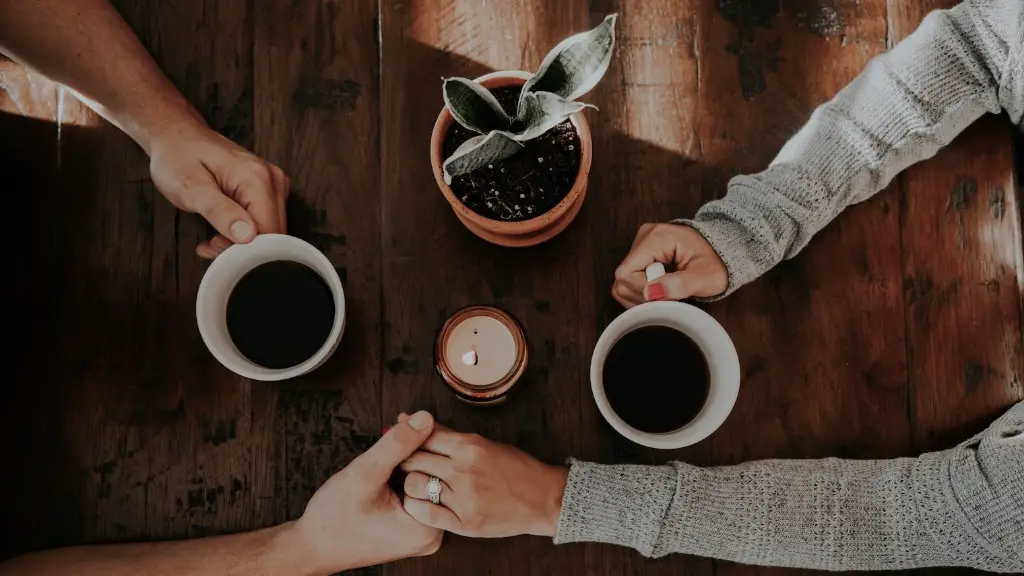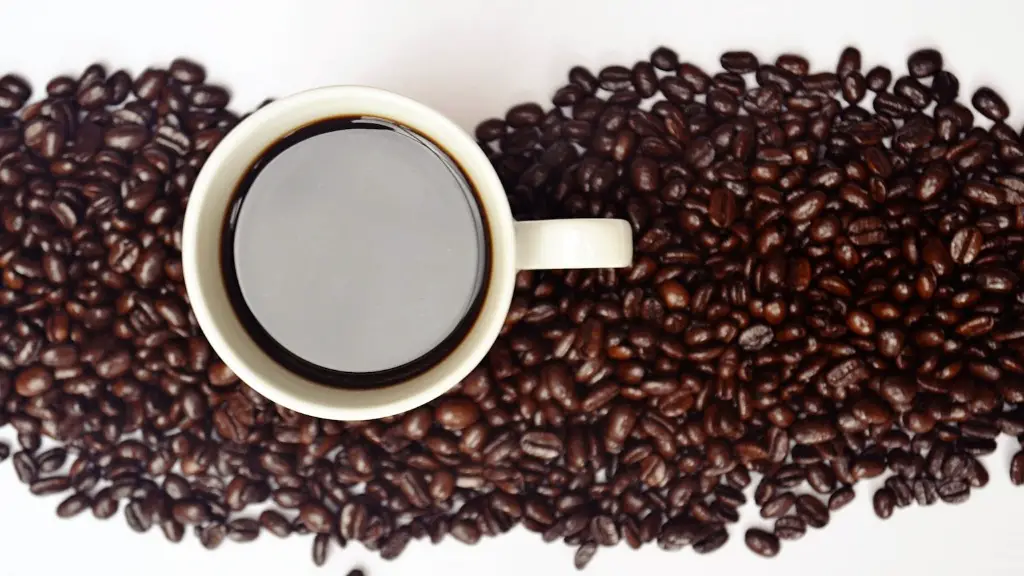What is anxiety?
Anxiety is a feeling of fear, uneasiness, and worry. It often occurs with feelings of dread or panic. It is a normal human emotion that can range from mild to severe, and can be a sign of underlying psychological issues.
The effects of coffee
Coffee is a popular beverage, consumed daily by millions of people around the world. It is known to have a variety of positive effects on the body, such as increased alertness and mental clarity, but it can also have the opposite effect. Coffee can cause anxiety and nervousness in some people due to its stimulant properties.
Causes of anxiety after coffee consumption
There are a variety of reasons why someone might experience anxiety after drinking coffee. Caffeine is a stimulant that increases alertness and can affect mood. For people who are particularly sensitive to caffeine, drinking coffee may lead to increased anxiety and jitteriness. Additionally, some people may experience anxiety due to their expectations about the effects of coffee. If you think that coffee will make you anxious, this can lead to an increase in anxiety and nervousness.
Effects of caffeine on mental health
Caffeine can have a variety of effects on mental health. While it can have positive effects, such as increased focus and concentration, too much caffeine can lead to increased stress and anxiety. Moreover, if you consume caffeine regularly, your body can become reliant on it and withdrawal symptoms can ensue. These symptoms include headaches, fatigue, irritability, and restlessness.
Strategies to reduce anxiety
If you are experiencing anxiety after drinking coffee, there are several strategies that can help reduce the symptoms. Limiting your caffeine intake is the first step, as this can help to reduce the intensity of the anxious feelings. In addition, engaging in activities such as exercise, focusing on your breathing, and taking a break from technology can all help to reduce anxiety. Talking to a mental health specialist is also an effective way to address and manage anxiety.
Coffee alternatives
If you experience anxiety after drinking coffee, or if you are just looking to cut down on your caffeine consumption, there are a variety of alternatives you can try. Herbal teas, such as chamomile or lavender, can help to reduce stress and boost your mood. Kombucha and yerba mate are also popular alternatives that provide the same mental boosts as coffee without the side effects.
Moderate Coffee Intake
When it comes to coffee consumption, moderation is key. Studies have shown that up to 400mg of caffeine per day is safe and does not carry major negative health risks. However, it is important to be mindful and to pay attention to your body and how much caffeine you tolerate.
Awareness of Your Limits and Preferences
Everyone is different and will react differently to coffee and other caffeine-containing beverages. It is important to be aware of your own personal limits and preferences and to be mindful of how much caffeine you consume. If you experience feelings of anxiety or negative effects after consuming coffee, it is important to recognize this and reduce your intake.
Effects on Your Work and Relationships
It is important to consider not only the effects that coffee has on your mental health, but also on your work and relationships. Consuming too much coffee can lead to decreased focus, irritability, and fatigue. This can have a negative impact on your productivity and relationships.
The Benefits of Reducing Caffeine Intake
While it can be difficult to cut back on coffee, there are many benefits to reducing your intake. Reducing your caffeine intake can help reduce feelings of anxiety, improve your concentration and productivity, and it can also help reduce the risk of addiction. Additionally, cutting back on coffee can help you save money in the long run.
Conclusion
Coffee is a widely consumed beverage that can have both positive and negative effects. It is important to be aware of the effects it can have on your mental health and to take steps to reduce your intake if necessary. Paying attention to your own body and limits is key to avoiding feelings of anxiety. There are also a variety of alternatives that can be used to boost alertness and concentration without the potential side effects of coffee.


